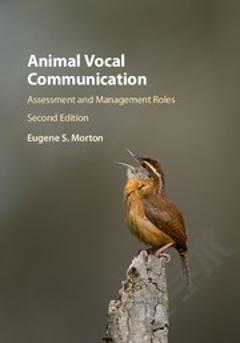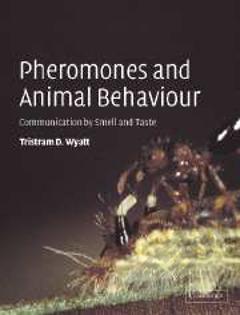Animal Vocal Communication: Assessment and Management Roles
How do animals communicate using sounds? How did animal vocal communication arise and evolve? Exploring a new way to conceptualize animal communication, this new edition moves beyond an earlier emphasis on the role of senders in managing receiver behaviour, to examine how receivers' responses influence signalling. It demonstrates the importance of the perceiver role in driving the evolution of communication, for instance in mimicry, and thus shifts the emphasis from a linguistic to a form/function approach to communication. Covering a wide range of animals from frogs to humans, this new edition includes new sections on human prosodic elements in speech, the vocal origins of smiles and laughter and deliberately irritating sounds and is ideal for researchers and students of animal behaviour and in fields such as sensory biology, neuroscience and evolutionary biology.
{{comment.content}}








 京公网安备 11010802027623号
京公网安备 11010802027623号